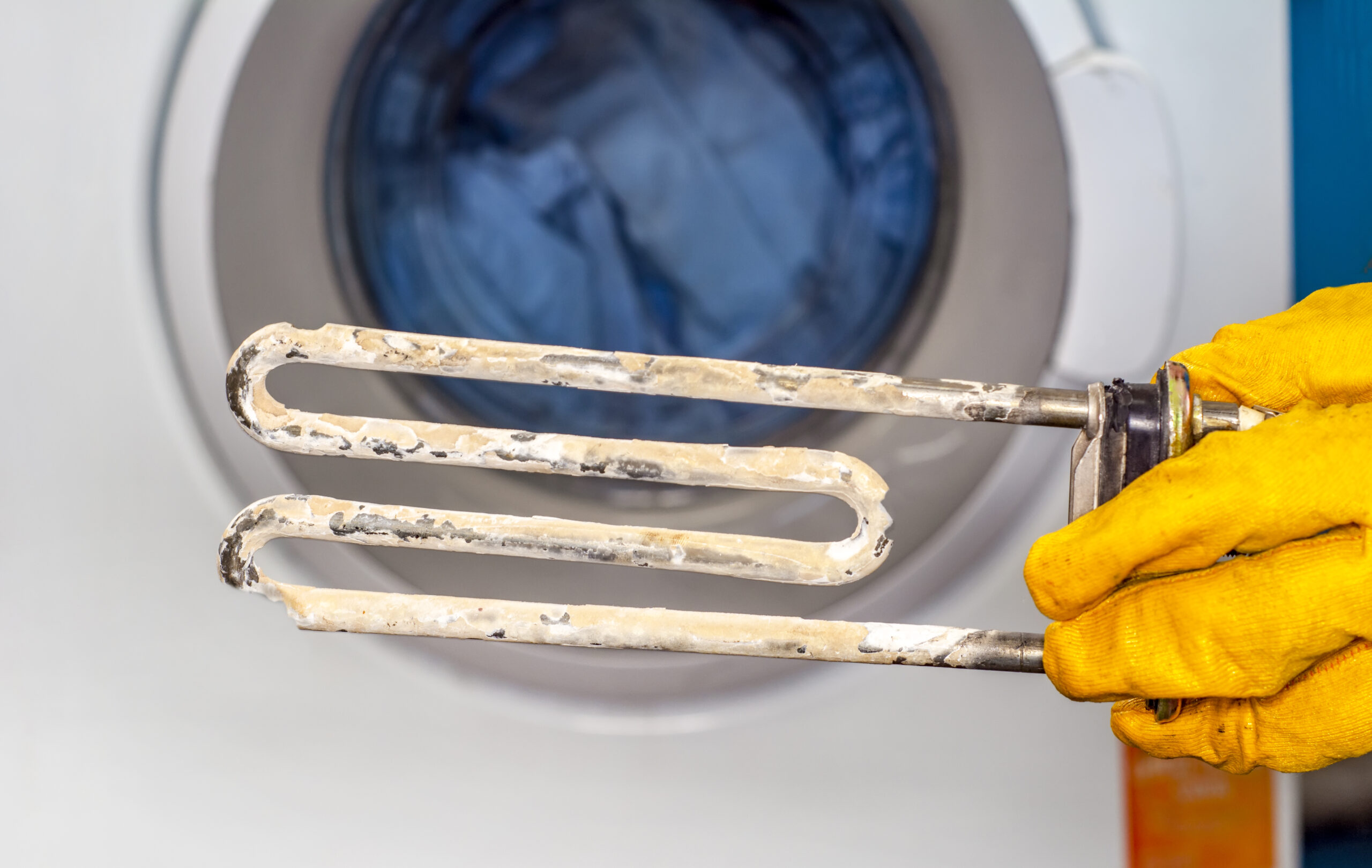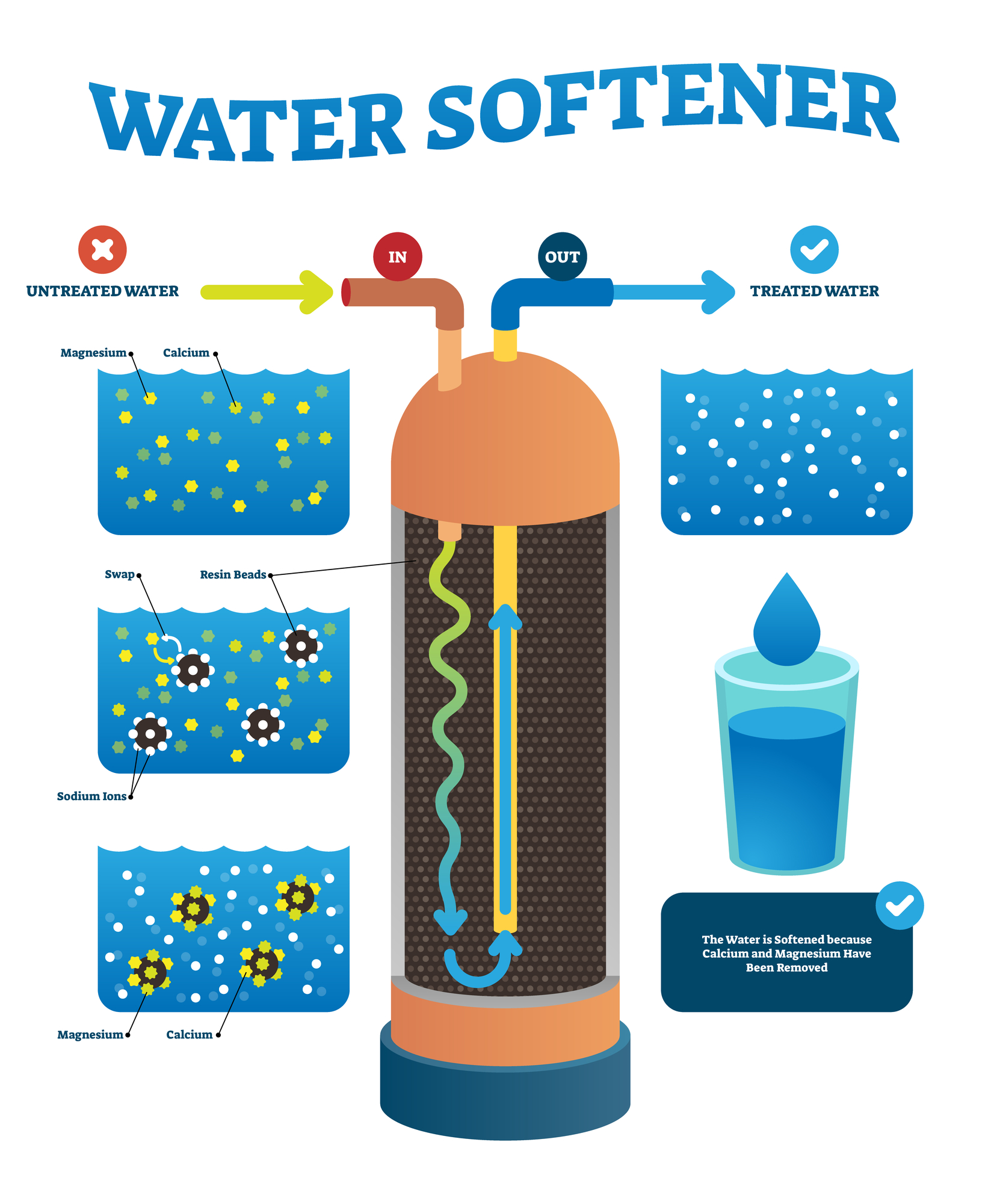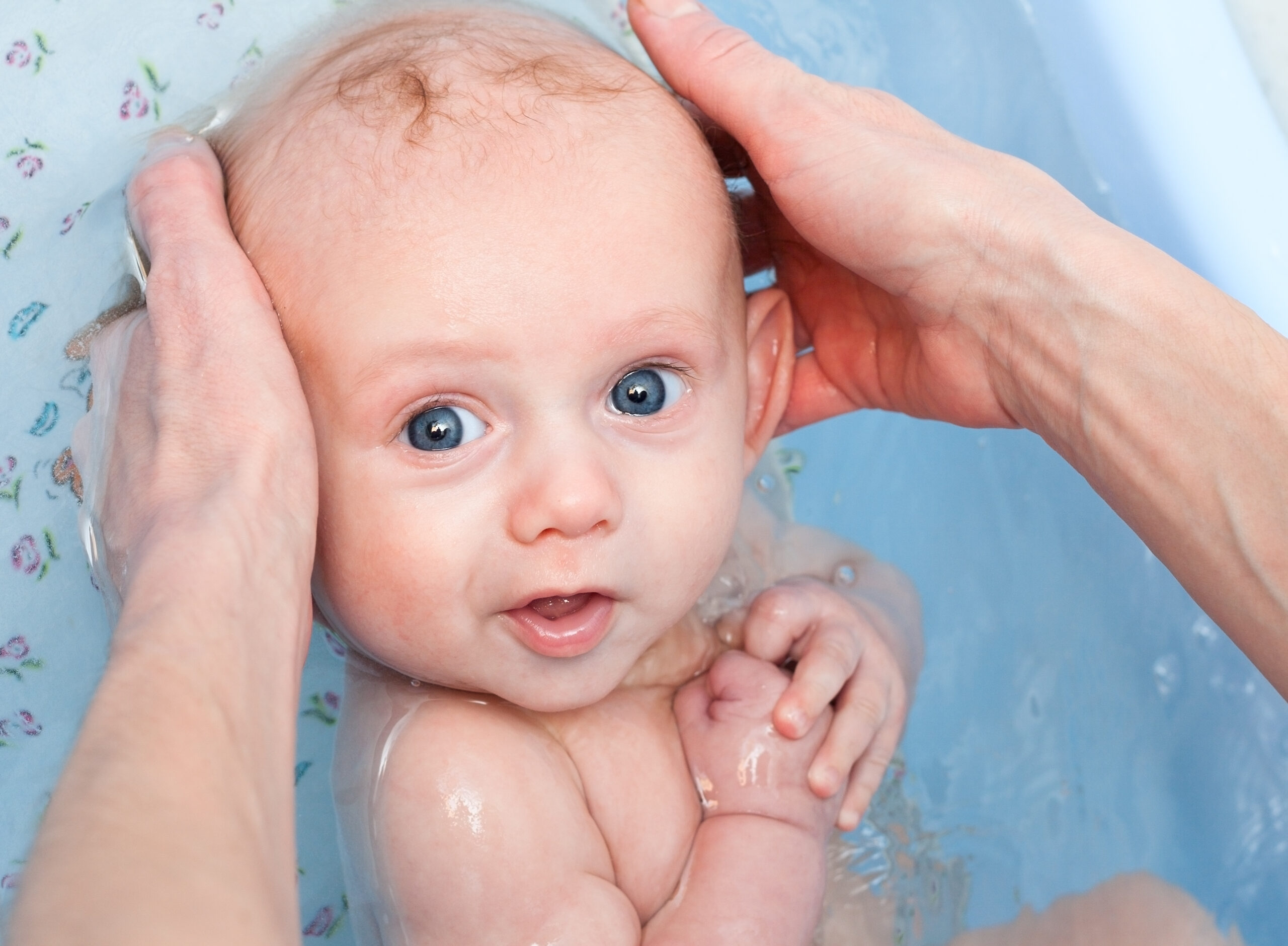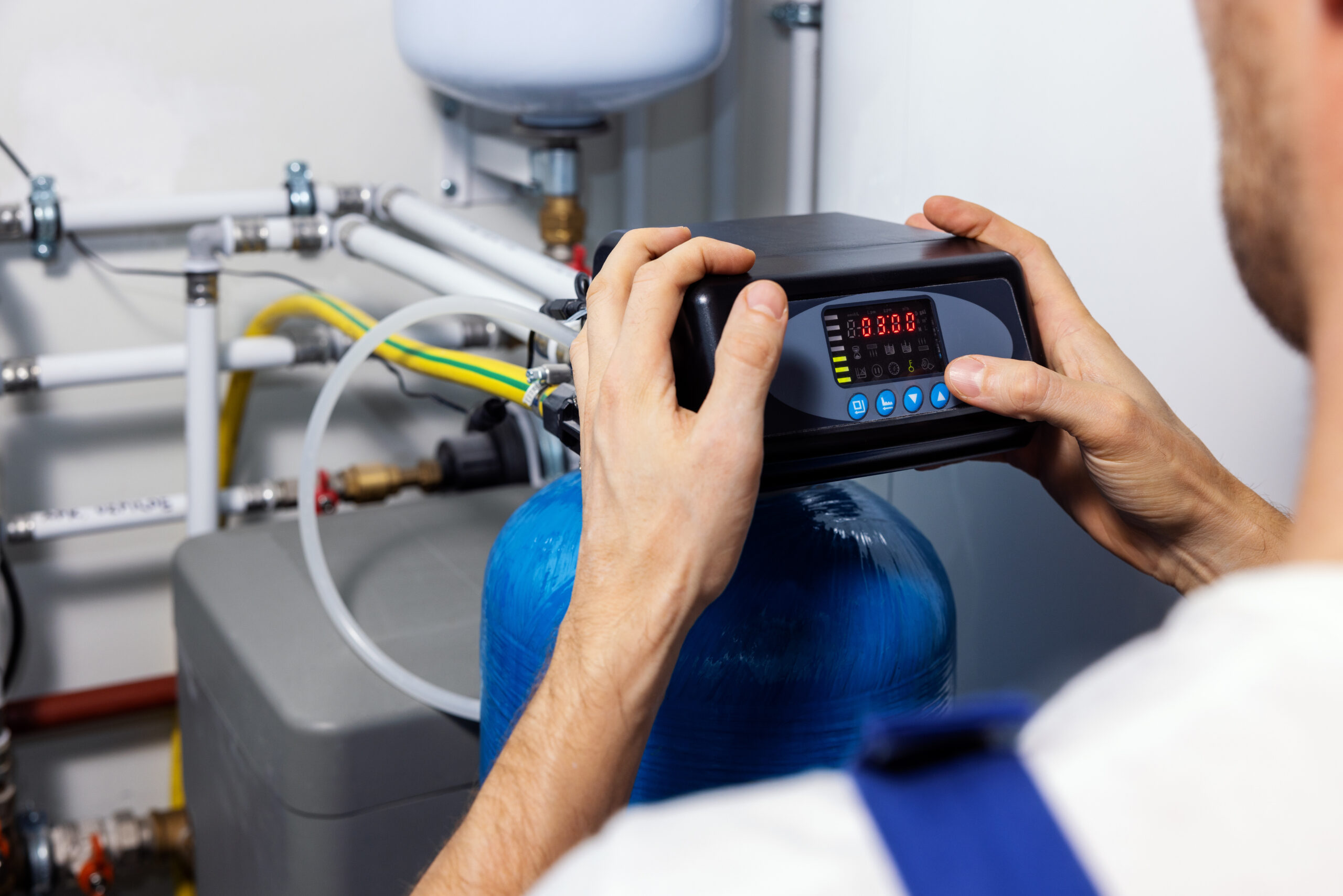Choosing the Best Water Softener
At Quality Home Products of Texas, we know that water is essential. It permeates every corner of our daily existence. We also know that not all water is created equal and that hard water can be a major struggle for those in the The Greater Houston Area area
Symptoms of Hard Water
Hard water-related issues can be a large source of frustration. According to the Water Quality Association symptoms of hard water can include:
-
- Stiff, dingy laundry
- Mineral deposits on dishes and glassware
- High soap usage & need for fabric softeners
- Extra work to remove soap curd on bathtubs & shower stalls
- High energy costs, possibly due to scale build-up in pipes and on appliances
- Scale build-up in sinks, tubs, faucets & appliances
According to the Department of Energy, hard water “negatively impacts the efficiency and lifespan of any appliance that requires water for operation.” If you’re noticing build-up in your coffee pot, it doesn’t stop there. This same type of buildup can be found in larger appliances like your water heater, dishwasher, and water dispenser in your refrigerator as well.
Stubborn limescale deposits, pesky spots on your dishes, irritating dry skin and brittle hair, or having to replace appliances prematurely because of the havoc the buildup from hard water is causing are possible signs that it might be time to consider investing in a water-softening system (link to water softener page)

What is a Water Softener?
A water softener is a machine that removes minerals like calcium and magnesium from hard water to make it “soft”. They are designed to reduce the hardness of water by removing calcium and magnesium ions, which are the primary minerals responsible for making water hard. A water softening system can use various methods to create “softened” water. The main purpose of water softeners is to improve water quality and protect plumbing and appliances from scale buildup caused by hard water.
Finding the best water softener for your home and family’s specific needs is not a one-size-fits-all approach. Let’s talk about a few things you should consider before making this life-changing investment.

Understanding Your Specific Water Supply
Finding the best residential water softener first begins with understanding your water supply. Not all water sources are created equal, and water hardness can vary dramatically from region to region and even house to house. The level of hardness in water is determined by measuring how elevated levels of minerals such as calcium and magnesium are. These minerals can wreak havoc on your plumbing, appliances, and personal comfort.
The best way to determine the hardness of your water is to get a professional water test (link to water testing page). Understanding your water’s hardness level, often measured in grains per gallon (GPG) or milligrams per liter (mg/L), is crucial in determining the appropriate water softener capacity. What works for your friend a few blocks away may not be best for your home or solve the frustration you’ve been facing.

Reputable Water Treatment Dealers vs. Online-Only Providers
Once you’ve determined your water’s hardness, you’ll need to decide which water softener is the best water softener for you. According to the Department of Energy, “water softener systems are often not widely understood products, so it can be difficult for consumers to judge the best systems.” This is where considering the differences between a reputable and knowledgeable dealer and an online-only provider becomes important.
Expertise Matters: A seasoned professional can help you sort through your whole house water softener options. Water is complex and has many potential characteristics, so there is no one-size-fits-all approach when it comes to softened water. A reputable dealer possesses the knowledge and experience to accurately assess your water quality and recommend the ideal water softener size and type for your unique requirements. They’ll consider factors such as your household’s water consumption, family size, and the severity of your water hardness issue. This detailed approach ensures you get the most efficient and cost-effective solution for your specific needs. They may also be able to help you identify other potential contaminants in your water.
Installation and Maintenance: A reputable dealer doesn’t just sell you a water softener; they also ensure it gets installed correctly and they provide ongoing maintenance and support. While online-only providers may offer self-installation options, they lack the professional guidance necessary to avoid common installation errors that can impact system performance, cause potential damage to your home, or void warranties.
Quality Assurance: A local professional typically offers high-quality products from trusted brands with a proven track record. They prioritize customer satisfaction, stand behind their products and services, and can often provide warranties along with dependable support.
Local Knowledge: A local dealer will know the particular water challenges in your area intimately. They possess insights into prevalent issues and can tailor their recommendations accordingly, ensuring that your chosen water softener stands up to the needs of your family and your home.

The Need for a Tailored Approach to Water Softener Selection
It’s essential to understand that there isn’t a universal solution to water softeners. Different water softener systems exhibit varying capacities, regeneration methods, and features. Here are some key considerations that an expert can help you navigate:
Capacity: The first step is to choose a water softener with the right capacity to meet your household’s water demands. Oversizing can lead to inefficiency, while undersizing may fail to treat your water effectively.
Water Pressure: You’ll want to make sure you consider your household’s water pressure when choosing a water softener to ensure it operates efficiently during regeneration, maintains a sufficient flow rate, and delivers the benefits of softened water throughout your home.
Regeneration Method: Water softeners regenerate to remove mineral buildup. The method of regeneration, whether timer-based, demand-initiated, or metered, affects water and salt usage. Your dealer can recommend the most suitable method based on your water hardness and usage patterns.
Type: Water softeners are available in various types, including salt-based ion exchange, salt-free, and magnetic or electronic descalers. The best type for you depends on your water quality and also your personal preferences.
Efficiency: Consider the energy and water efficiency of the water softener system. High-efficiency models can save you money and reduce environmental impact over time.
Budget: While it’s crucial to invest in a quality water softener, your budget is a practical consideration. A reputable dealer can help you strike the right balance between affordability and performance.

Types of Water Softeners
There are several common types of whole house water softeners, each with its own pros and cons. The best water softener for you depends on factors such as your water’s hardness, budget, space limitations, and maintenance preferences. Here are some common types of water softeners and reasons someone might choose or not choose each type:
Salt-Based Water Softener (Ion Exchange Water Softener)
Salt-based water softeners use a Salt-tank (also known as a brine tank) to effectively remove minerals that cause hardness and are great for providing a consistent flow of softened water to your home.
Salt based softeners are less suitable for people on a doctor-ordered, extremely low-sodium diet or for those who live in areas with water usage restrictions.
Keep in mind that salt-based water softeners may not always be best for well water as you may need to address any high iron or manganese content separately. These minerals can interfere with ion exchange systems. A pre-filter or additional treatment may be necessary for this type of system to function appropriately.
Salt-Free Water System
Salt-free water conditioners are a bit more environmentally friendly, as they don’t use salt. Nor do they require electricity. They also require very little maintenance.
Salt-free water systems may not be as effective for those who have extremely hard water versus a salt-based system. The water also will not feel slippery as with salt-based systems.
Dual-Tank Water Softener
Dual-tank water softeners provide a continuous flow of softened water, even during regeneration. They are ideal for those with large households, those who have high water usage, or in instances where an uninterrupted flow of soft water is essential.
These types of systems are more expensive than single-tank systems and also require more space for installation.
Magnetic or Electronic Water Descaler
Water descalers have a low operating cost, are salt-free, and require no chemicals.
The effectiveness of these types of systems is debated, and depending on your water quality, results can vary. They also may not provide as soft of water as other types of systems.
Portable Exchange Water Softener
A portable system is great for those who rent or who are looking for a portable solution as they do not require a permanent installation.
They typically come with an ongoing rental cost and have a limited capacity.

Indirect Benefits of Softened Water
While the primary purpose of a water softener is to improve the quality of water for household use, such as bathing, washing dishes, and doing laundry, there are some indirect benefits of using softened water for drinking as well:
Improved Taste: Some people prefer the taste of softened water, as it doesn’t have the mineral taste or hardness associated with untreated hard water. However, the taste improvement is subjective and may not be noticeable to everyone.
Savings on Soap and Detergents: When your water is softened, less soap and detergent are required to create lather and clean effectively. This can lead to cost savings over time, as you’ll need to buy fewer cleaning products.
Cleaner Glassware and Dishes: Soft water can result in cleaner and spot-free glassware, dishes, and utensils when used in dishwashers or for handwashing. This can improve the overall appearance of your tableware.
Reduced Plumbing Maintenance: Soft water can help reduce the accumulation of scale and mineral deposits in your plumbing system. This can lead to fewer clogs, less corrosion, and a longer lifespan for your pipes and fixtures.
Improved Hair and Skin: Using soft water for bathing and showering can lead to softer skin and smoother hair. The absence of mineral buildup can prevent skin dryness and improve the performance of your shampoos and soaps.
Selecting the best whole-house water softener system for your specific needs is a multifaceted process that goes beyond the realm of random online purchases. Understanding your water supply, placing your trust in the expertise of a reputable dealer, and carefully evaluating the distinctive features of various water softener systems are all vital steps toward making an informed decision and getting the best water possible. By considering these factors, you can enjoy the benefits of softened water while safeguarding your home and appliances from the corrosive effects of hard water. Remember, when it comes to water softeners, there is no one-size-fits-all solution, so choose wisely to ensure the utmost comfort and protection for your household.
Finding a water softener that puts an end to your frustration needs to be a customized experience, and Quality Home Products of Texas is here to guide you every step of the way. We’ve dedicated over 35 years serving the The Greater Houston Area community. Call us today at (713) 766-4651 to schedule your free water test and discover what softer water means for your family.


